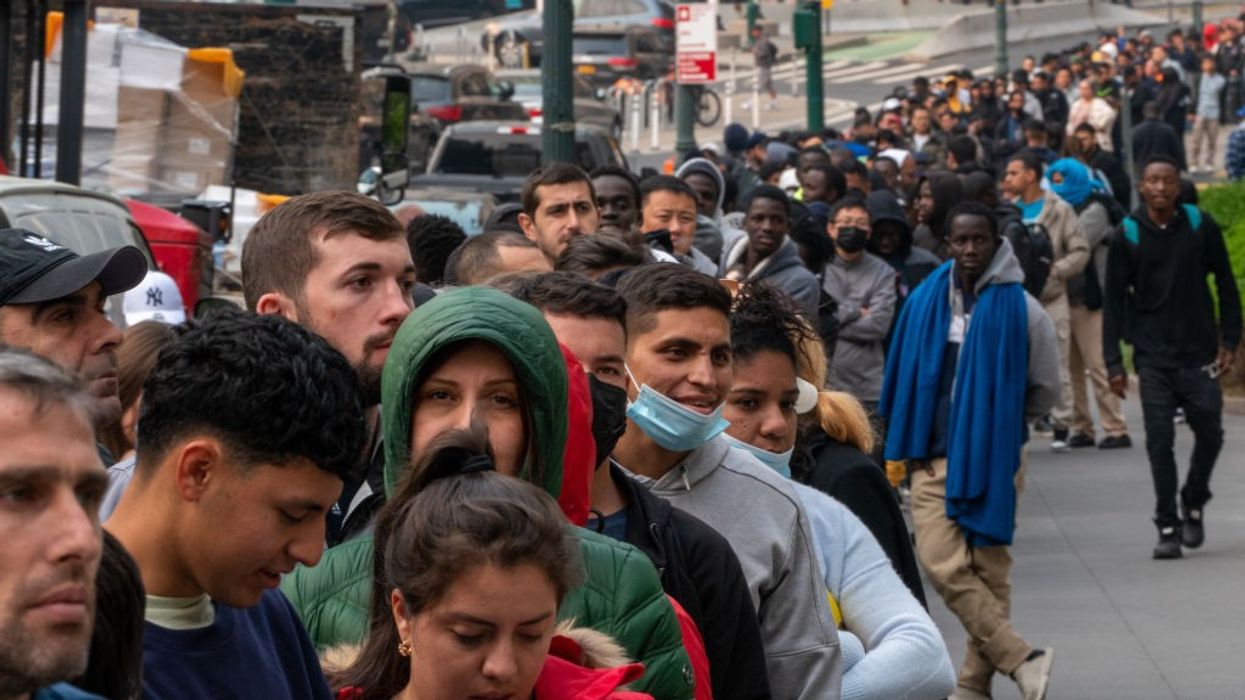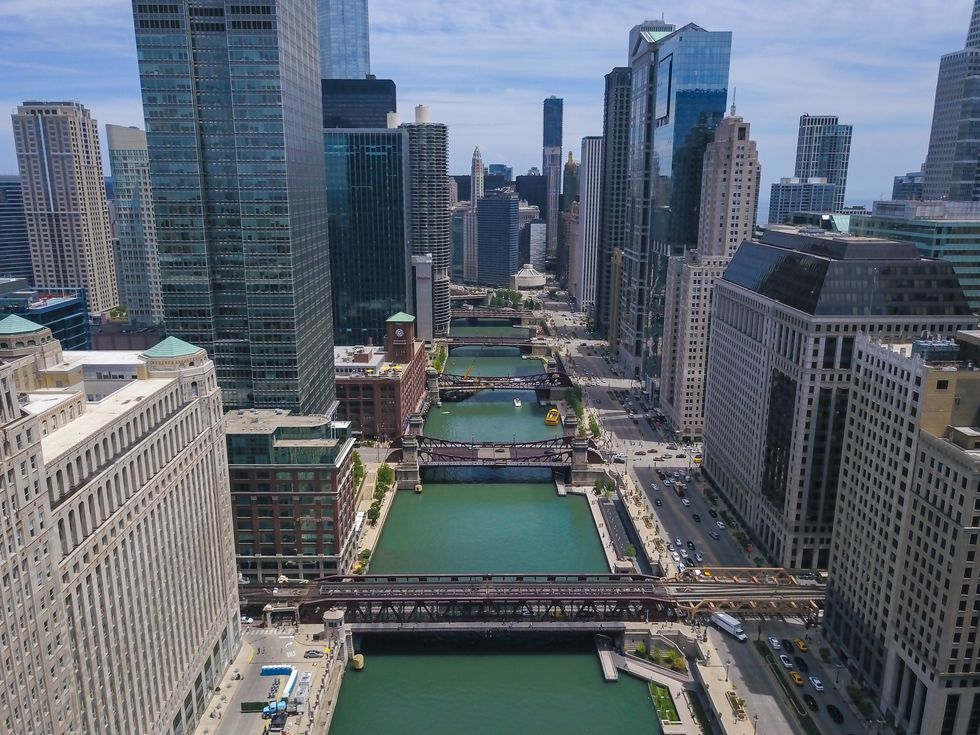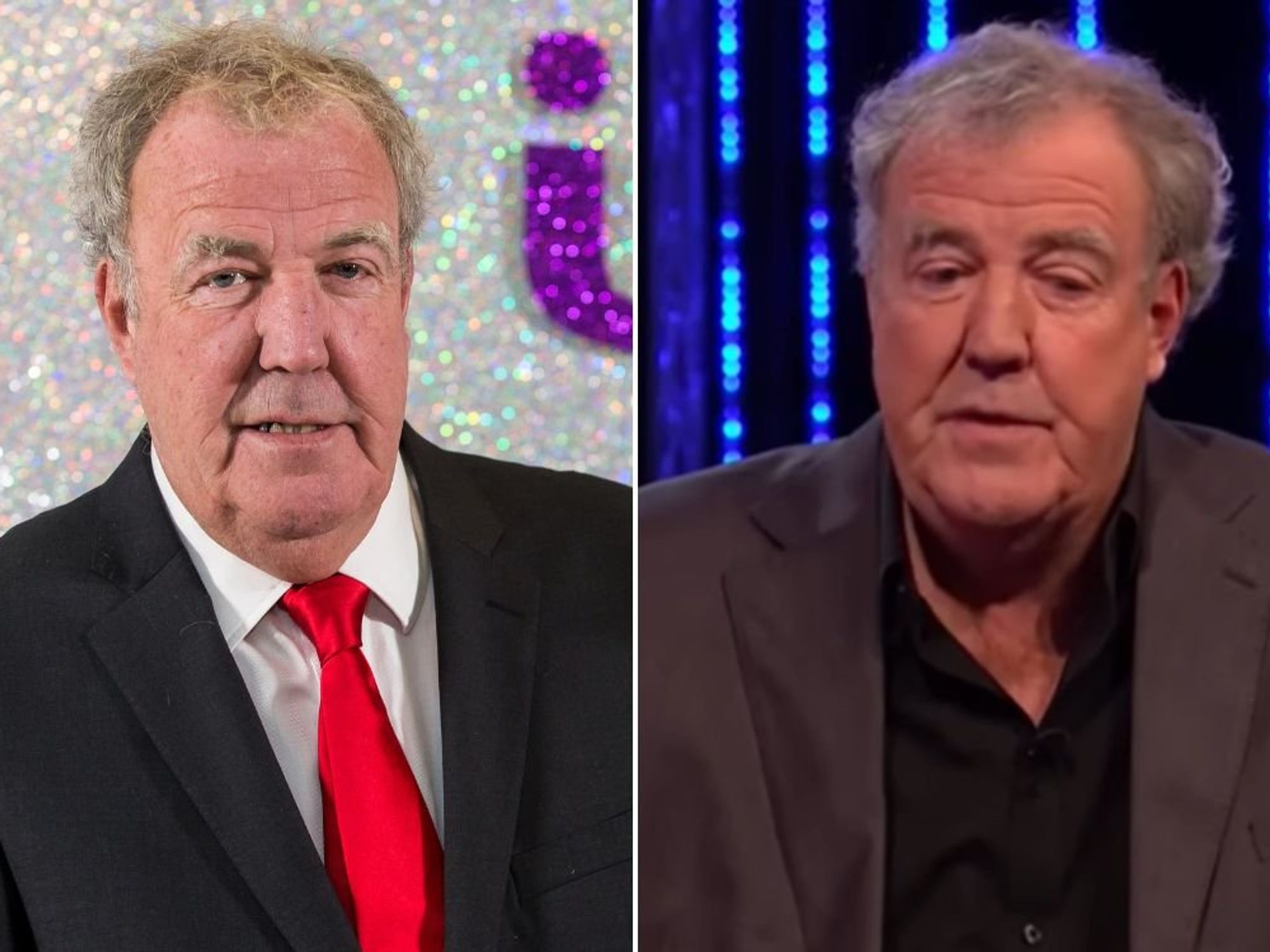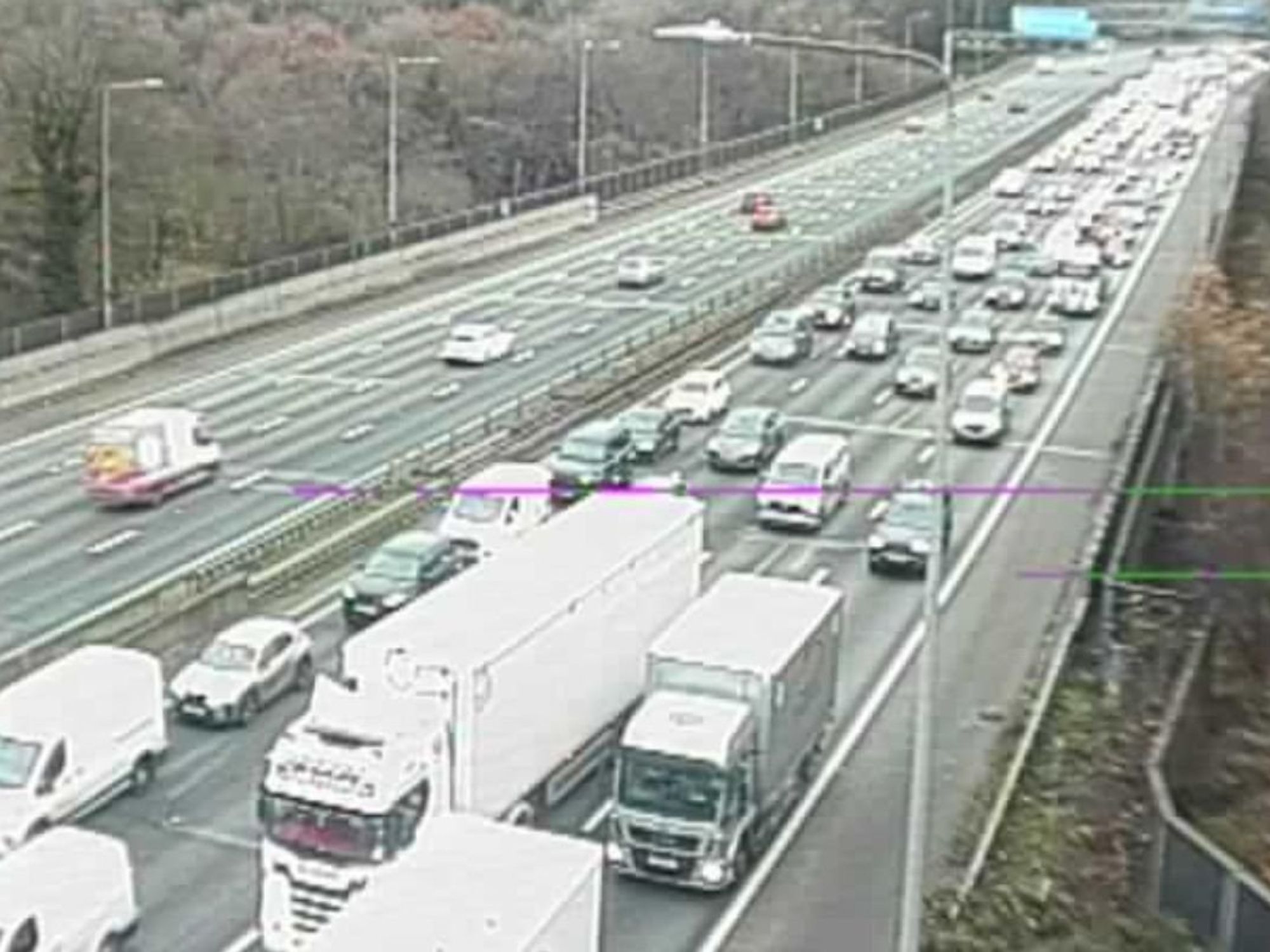Chicago revolts against 'sanctuary city' status in new poll as taxpayers foot $500m bill

People in Chicago are revolting against a "sanctuary city" status, a new poll suggests after more than 15,000 non-citizen new arrived
|Getty

Recent polling has suggested a growing opposition to the idea
Don't Miss
Most Read
Latest
People in Chicago are revolting against a "sanctuary city" status, a new poll suggests after more than 15,000 non-citizen new arrived.
Sanctuary Cities allow undocumented immigrants to interact with our local government without fear of deportation.
Both Chicago and Illinois are considered sanctuaries for non-citizens because of such policies elected officials have approved.
Since August 2022, more than 15,000 non-citizens have arrived in Chicago and Gov J.B. Pritzker estimates the total state and local taxpayer cost is more than $500 million.

Since August 2022, more than 15,000 non-citizens have arrived in Chicago and Gov J.B. Pritzker estimates the total state and local taxpayer cost is more than $500 million
|Getty
Matthew Podgorski from M3 Strategies says recent polling has suggested a growing opposition to the idea.
“A majority of those likely voters have said that they want to end sanctuary city and stop housing the migrants, whatever that means to them,” Podgorski told WMAY.
“That surprised even me.”
Since last year, thousands of people who showed up at the border seeking refuge have been mass relocated to sanctuary cities to protest the Biden administration's immigration policies.
LATEST DEVELOPMENTS:
The poll further showed sentiments among demographics.
“Whites across Chicago are very much in favour of keeping sanctuary city by about double digit margins. Non-whites, Hispanics, Blacks and others, are overwhelmingly in favour of ending sanctuary city,” Podgorski said.
“Black Chicagoans, plus-20 per cent ending sanctuary city.”
The poll also found that age divided opinion on Chicago being a so-called "sanctuary city".
According to the survey, those under 45 are overwhelmingly in favour of the policy while people over 45 are against it.
Chicago Mayor Brandon Johnson, who has defended the sanctuary city status, said he hears Black Chicagoans’ concerns, but also understand frustration with the lack of progress on other issues.
He said: “If people weren’t complaining, you could come to the conclusion that they didn’t expect much from us."










